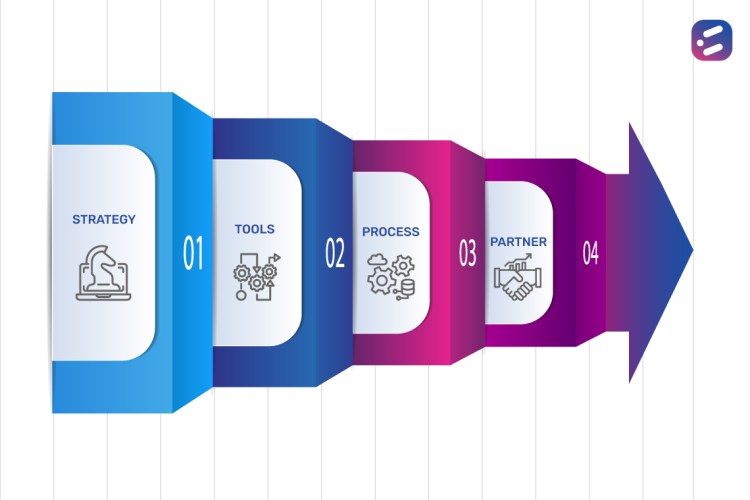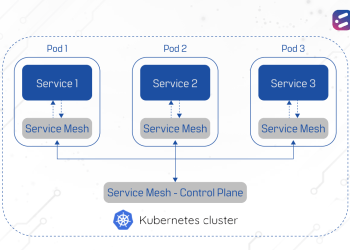TL;DR: No, application modernization is not easy. But it’s certainly doable with the right partner, strategy, and tools.
Application migration is never instant. It is a long process, often with some downtime during the transition as it involves taking existing legacy applications and modernizing their platform infrastructure, internal architecture, frontend user interface, and so on.
App modernization initiatives are not new, but they are accelerating after the 2020 pandemic showed just how important it is. According to an IDG report in 2020, around 60% of companies agree that the effects of the pandemic are speeding up their digital transformation efforts.
More and more, enterprises are looking to end their reliance on legacy technology that impacts scalability, seeking technology solutions to enhance their agility and resilience. Application modernization helps enterprises find solutions to everything, from speeding up new feature delivery to increasing flexibility and scalability by replatforming workloads from on-premises to the cloud.
How do you get started on your application modernization journey?
Strategy
The key to success in application modernization is having the right strategy in place, and sticking to it. The first step to that is application assessment. Take inventory of what you have in place, before you start on the transformation journey.
For instance, ask yourself: why is the legacy app not working? What features do you need to add? What is your budget and timeline? These are some of the questions you need to answer, based on which you (with your tech partner) can create your app modernization strategy.
Tools
Once your strategy is in place, it’s time to choose the right cloud-based tools to modernize the app. If you’re not technically aware, simply deciding which tools to use can take a long time – and you may choose wrong! Hearing words like Kubernetes, PaaS, IaaS, microservices, or even DevOps can be daunting; it’s important to choose wisely.
Some tools can be tested for a short period, even for free trials, before you make your decision. GCP offers a number of very useful free tools, as well. If you’re not from a tech background, choose a trusted agency as your tech partner for GCP managed services to guide you.
Process
There are a handful of well-known approaches to application modernization. The most common approach – and one we at CloudNow often recommend – is to break down a tightly built monolithic application, through the Strangler Fig approach, into a collection of small, loosely coupled microservices.
Choosing the right data strategy is also very important. You need to be able to leverage data in real-time, in one unified solution propped by artificial intelligence and machine learning, to get the most out of your application modernization.
Partner
And finally, it’s important to pick the right long-term partner. Legacy app modernization is not a one-time job. It needs regular maintenance and updates to stay up-to-date with or ahead of industry standards.
Choose someone whom you can trust to discuss the modernization process with you, explain the technical terms. Get someone who uses collaboration frameworks like Agile for project management so that you’re always in the loop. But above all, look for a truly proactive partner.
At the same time, it’s important to have a project manager and single-point-of-contact in place at your end, to work with your partner and ensure that the project is going to plan. Also identify the key personnel who will carry the project internally (a Project Sponsor), who will own the project.
As tech evolves, your apps and systems must as well, to keep pace with new standards of security, privacy and user-friendliness. Application modernization gives you the power to create new features and services that align with current business needs and future goals, increase employee productivity and give customers a better user experience.
With the right partner and an approach that’s tailored to your needs, yes – application modernization can be easy. Connect with CloudNow today to understand more about how you can take your business to the next level.













